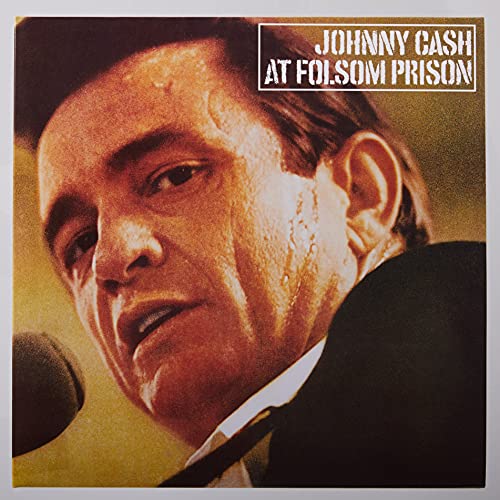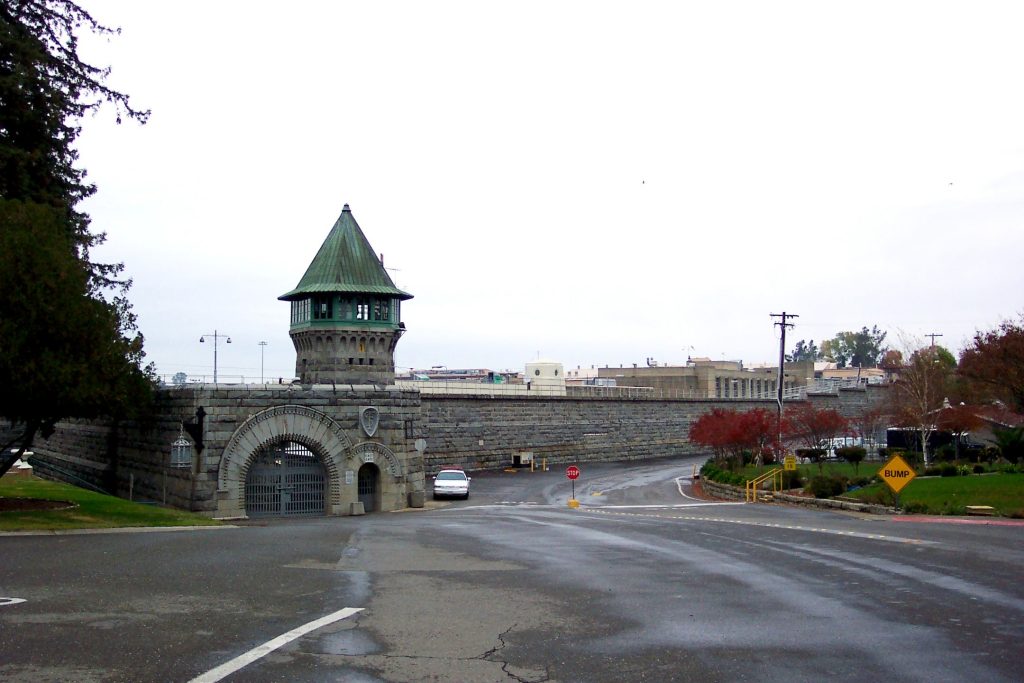
Johnny Cash, famously known as “The Man in Black” for his distinctive dress code, remains an indelible icon in American music. Born in 1932 in Arkansas, Cash experienced tough times from an early age, marked by the Great Depression and the tragic loss of his brother. These experiences shaped his sensitivity and authenticity, which are evident in his music.
Cash's career kicked off in the 1950s with hits like “I Walk the Line” and “Folsom Prison Blues,” resonating with a wide audience spanning country, rock, folk, and blues enthusiasts. His unique style, blending solemnity and vulnerability, captivated generations of listeners.
One of Cash's most famous quotes encapsulates his ethos: “I wear the black for the poor and the beaten down, living in the hopeless, hungry side of town.” This statement highlights his commitment to society's underdogs, a recurring theme in his songs.
In 1968, Cash married June Carter, a country singer with whom he shared a deep artistic and personal connection. Their love and musical collaboration became legendary, symbolizing a pillar of stability in Cash's often tumultuous life.
Highlights of his career include his prison concerts, like those at Folsom and San Quentin, where he performed in front of inmates, creating a powerful connection with those often forgotten by society. These performances were immortalized in acclaimed live albums.
Cash battled addictions and health issues throughout his life, but these struggles only added to the complexity and richness of his work. He passed away in 2003, but his legacy continues to inspire and touch new generations of musicians and fans.
The Album : At Folsom Prison
Recorded within the walls of Folsom Prison in California, the album “At Folsom Prison” became a symbol of redemption and authenticity in popular culture.

Cash, known for his raw and sincere musical style, chose Folsom for its personal significance to his history with inmates. Having narrowly avoided prison himself, he always felt a deep connection with prisoners. As he once said, “I was in prison for my performances. That's where I was supposed to be.”
The album opens with Cash's famous words: “Hello, I'm Johnny Cash,” greeted by the cheers of the inmates. This simple greeting established an immediate connection between the artist and his unique audience. The electric atmosphere of the performance is palpable in every song.
The songs on the album, with titles like “Folsom Prison Blues”, “Cocaine Blues”, and “25 Minutes to Go”, reflect themes of pain, loss, and redemption. Cash sang with empathy and honesty that resonated deeply with the inmates.
Recording was not without challenges. Tension was palpable, with guards and prisoners in attendance, but Cash, with his commanding presence and deep voice, managed to create a unique moment of musical communion. The concert was also marked by the presence of June Carter, reinforcing the support and love Cash had for his partner, both on stage and in life.
“At Folsom Prison” is more than just a live album; it is a raw and powerful document of a historical moment, where music crossed the barriers of prison walls to touch humanity in its most vulnerable state. The album revitalized Cash's career and remains a testament to his unique talent for connecting with all aspects of the human experience.
The song : Folsom Prison Blues
“Folsom Prison Blues”, written by Cash himself, is a profound expression of loneliness and regret. The lyrics, about a man imprisoned for a crime he laments, resonate with raw authenticity in the setting of Folsom Prison.
When Cash performs this song in front of the inmates, there is a palpable power and sincerity in his voice, as if he intimately understands their experience.
Furthermore, the performance of “Folsom Prison Blues” at Folsom Prison played a crucial role in reviving Cash's career. It solidified his image as “The Man in Black”, an artist who speaks for the marginalized and forgotten in society. Thus, this song represents not only a key moment in the album but also a cornerstone of Johnny Cash's musical legacy.
Among the amazing covers of this song is one by Everlast. Hip-hop/blues musician Everlast's cover of “Folsom Prison Blues” blends Cash's original style with elements of blues and hip-hop, creating a unique and modern interpretation.
Where to listen At Folsom Prison?
- Listen to At Folsom Prison on Spotify
- Listen to At Folsom Prison on Deezer
- Listen to At Folsom Prison on Youtube